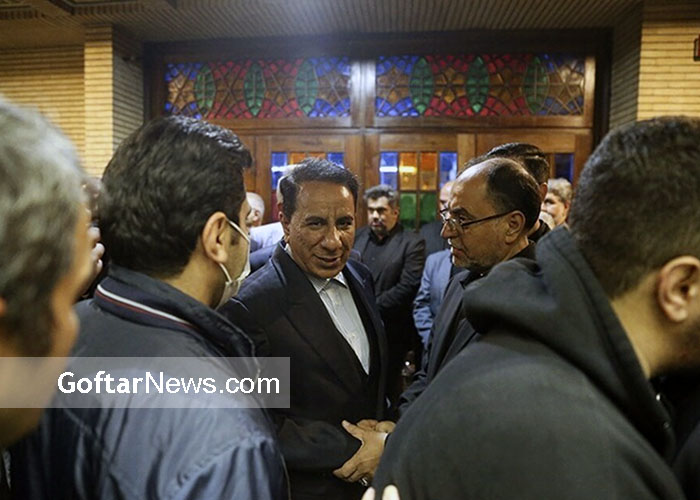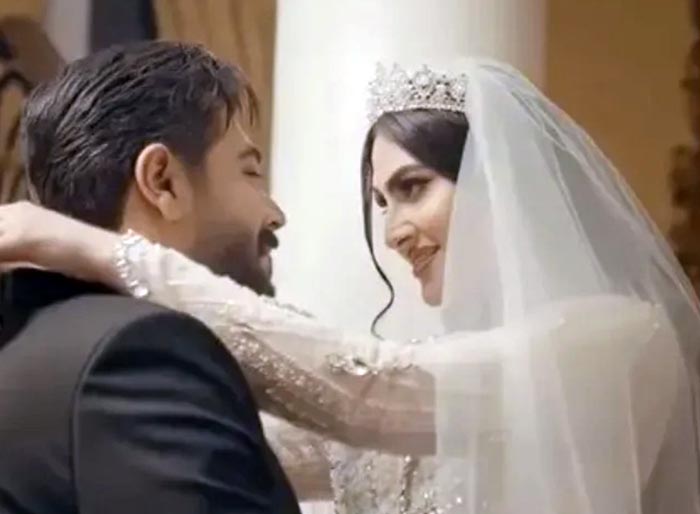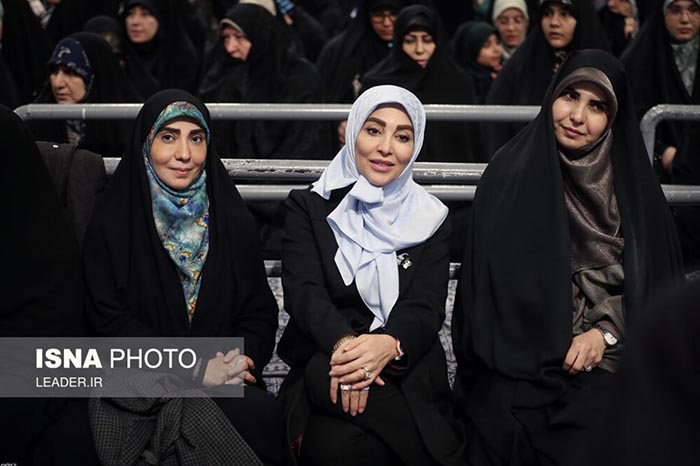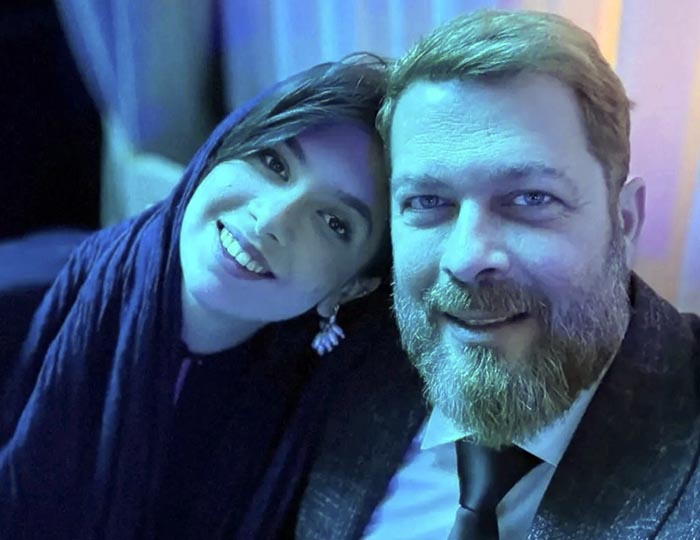The Funeral Ceremony of Hamidreza Haqqanian: Mojtaba Khamenei’s Attendance

The Cultural and Religious Significance of Funerals in Iran
Funeral ceremonies in Iran are deeply rooted in culture and religion. They serve as a means of paying respect to the deceased and offering solace and support to the grieving family. These ceremonies are marked by specific cultural and religious practices:
- Islamic Traditions: As a predominantly Muslim country, Iran’s funeral ceremonies are deeply influenced by Islamic customs. The prompt burial of the deceased, the washing and shrouding of the body, and the recitation of the funeral prayer (Salat al-Janazah) are integral components of the process.
- Mourning Practices: Mourning in Iran is characterized by wearing black clothing as a symbol of grief and respect for the departed. Family members and close friends often refrain from participating in joyful activities during a mourning period, which typically lasts several days.
- Community Support: Iranian funeral ceremonies extend beyond the immediate family. They offer an opportunity for the broader community to express condolences and provide emotional support to the grieving family.
- Charitable Acts: It is customary for those attending a funeral to make charitable contributions in memory of the deceased. This may include donations to the poor, feeding the hungry, or other acts of kindness.
- Visitation Rituals: In the days following the funeral, friends and relatives frequently visit the grieving family to express condolences and offer assistance. This is a way of demonstrating solidarity and sharing the grief.




